VET APPROVED

The information is current and up-to-date in accordance with the latest veterinarian research.
Learn more »Click to Skip Ahead
Bobcats are known for being incredible hunters. These predators are wildly successful—so successful that they live in almost every state of the Continental US. The only state you won’t find native bobcats is Delaware. Across the country, there are approximately 3 million of these feline predators, feeding on a variety of living animals1. eir favorite prey is the rabbit, but bobcats will eat many animals, such as mice, wild birds, chickens, squirrels, and other small mammals. Yes, that may include your cat, if they’re in a place that a bobcat can reach. Bobcats do sometimes attack and eat cats.

Bobcats Are Obligate Carnivores
All cats are obligate carnivores, including wildcats like bobcats. This means that they get everything they need from meat. All of their nutrients, vitamins, minerals, and caloric needs are met by eating the flesh of other animals. Because of this, bobcats are almost constantly on the hunt. When there’s food to eat, bobcats are ready to make the kill, and they don’t do much discriminating about what they consider to be a meal.
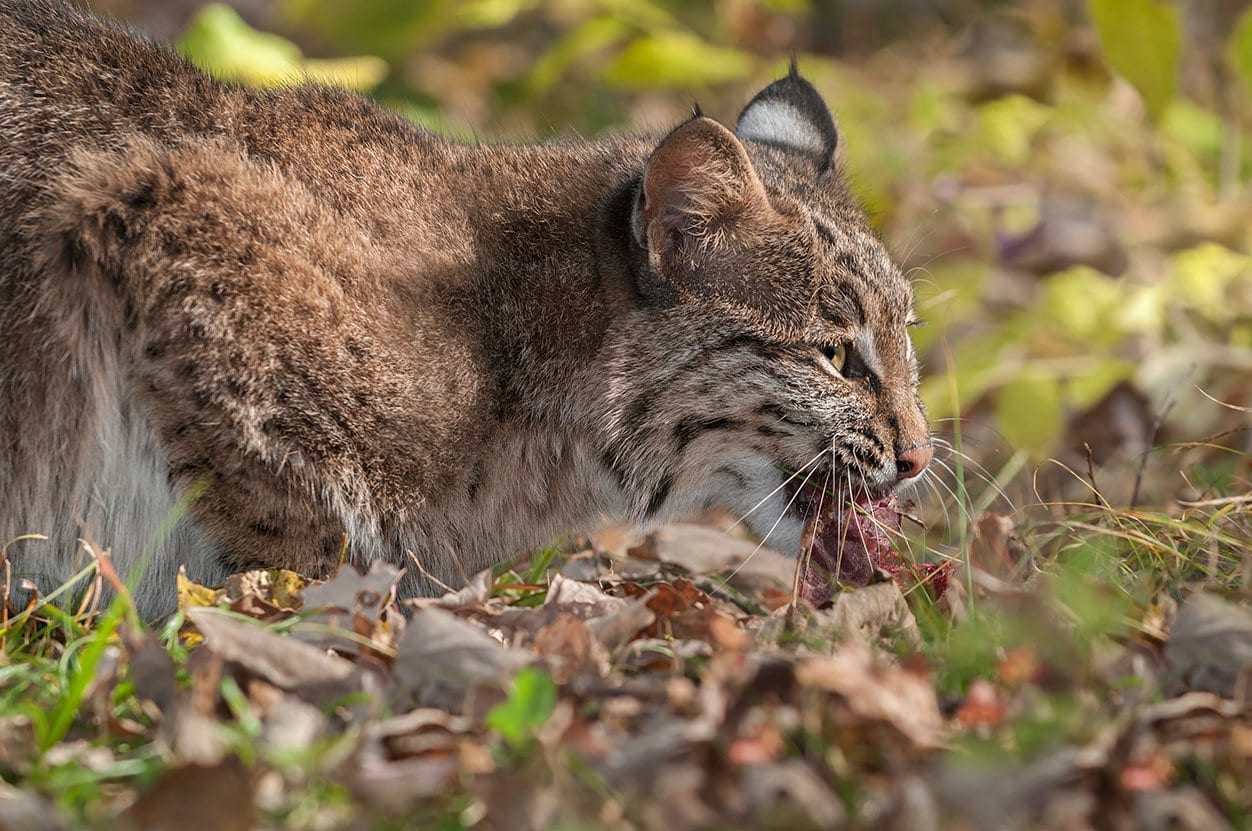
Encroaching Habitat
Bobcat attacks on pets aren’t very common, but they do occasionally occur. As humans continue to expand, the natural habitat of bobcats is becoming living space for humans. But rather than just leave, bobcats have adapted well to this change. While much of their previous prey becomes harder to find, they’ve grown accustomed to living alongside humans and making the best out of it.
Some people leave small dogs or cats in their backyards unattended. Often, these people erroneously believe that their walls or fences are adequate to offer protection for their pets. But if you’re trying to protect against bobcats or even larger predators, you’ll need more than a little wall. These cats are incredibly athletic and agile, especially if they see easy prey. Scaling your back wall to get to your pet inside is well worth the minimal effort they’ll have to expend doing it.
- Related Read: Do Bobcats Make Good Pets?
Follow the News
A simple search online will reveal whether there have been any recent bobcats sightings or attacks on small pets. While bobcats rarely attack humans, small pets are definitely at risk. Of course, bobcats aren’t the largest of creatures. They’re about 20-35 pounds when fully grown, so you won’t find a bobcat attempting to take on a Rottweiler or other massive dog. But smaller pets such as dogs under 20 pounds and pretty much any housecat could interest a bobcat, especially if there is a lack of their usual prey.
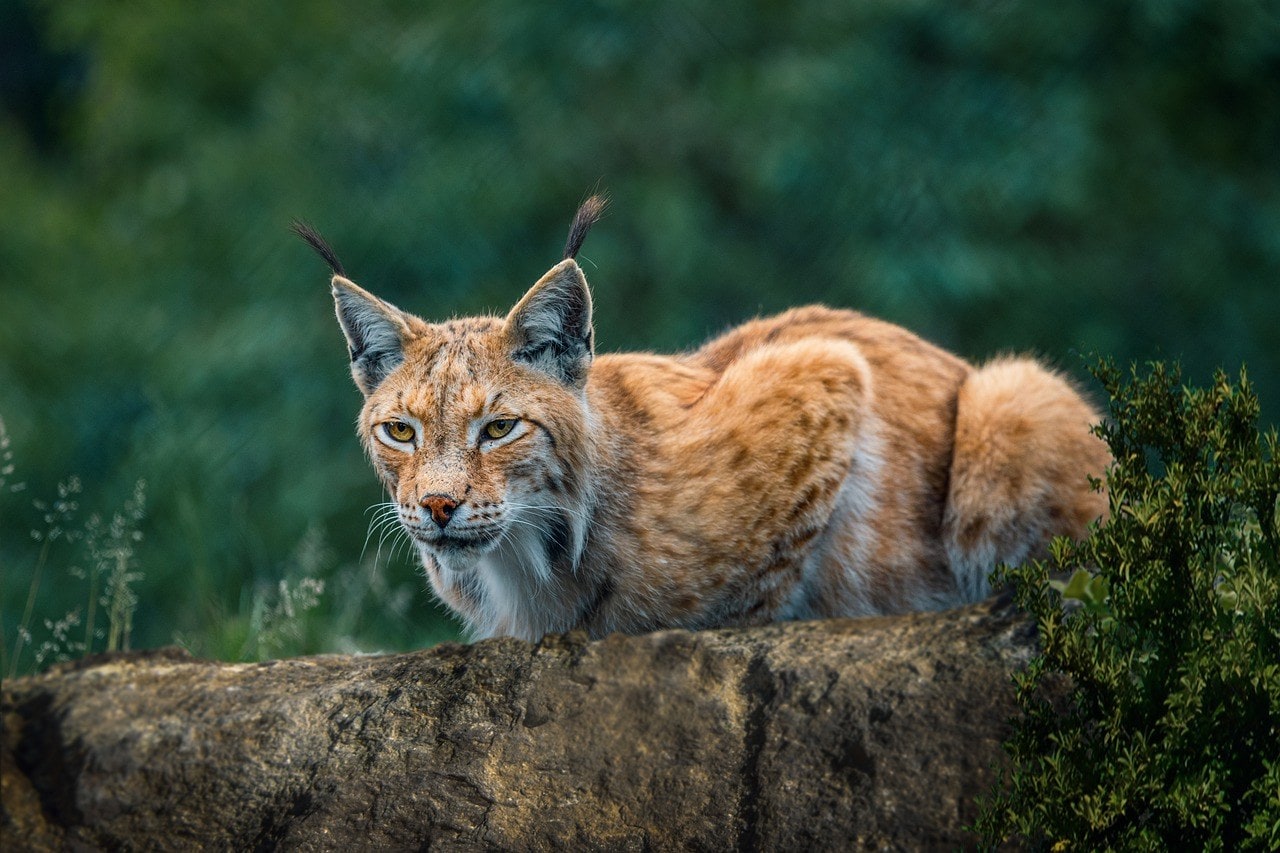
What Else Have Bobcats Eaten?
Due to their small size, bobcats are unlikely to approach a human. They are quite timid, unless they have been fed by a human and have associated them with food. They will rarely try to attack a person, and the risk of rabies or other infections is low, but do not try to approach them, as these are wild animals and can be unpredictable if cornered. They rarely attack sheep or lambs, especially when compared to coyotes and dogs, based on the overall statistics, although they could be more prone to prey on chickens that are not kept in a secure enclosure.

Conclusion
In most areas, bobcat attacks on pets are rather rare. But if you live on the outskirts of town where you are near a more rural area, bobcats could be lurking near your home. While big dogs are rarely at risk of attack, small pets like cats can make an easy meal and could disappear from your backyard if you’re not careful. Take precautions if you believe a bobcat is living near your home. You don’t want your cat to become its next meal!
Featured Image Credit: Pixabay
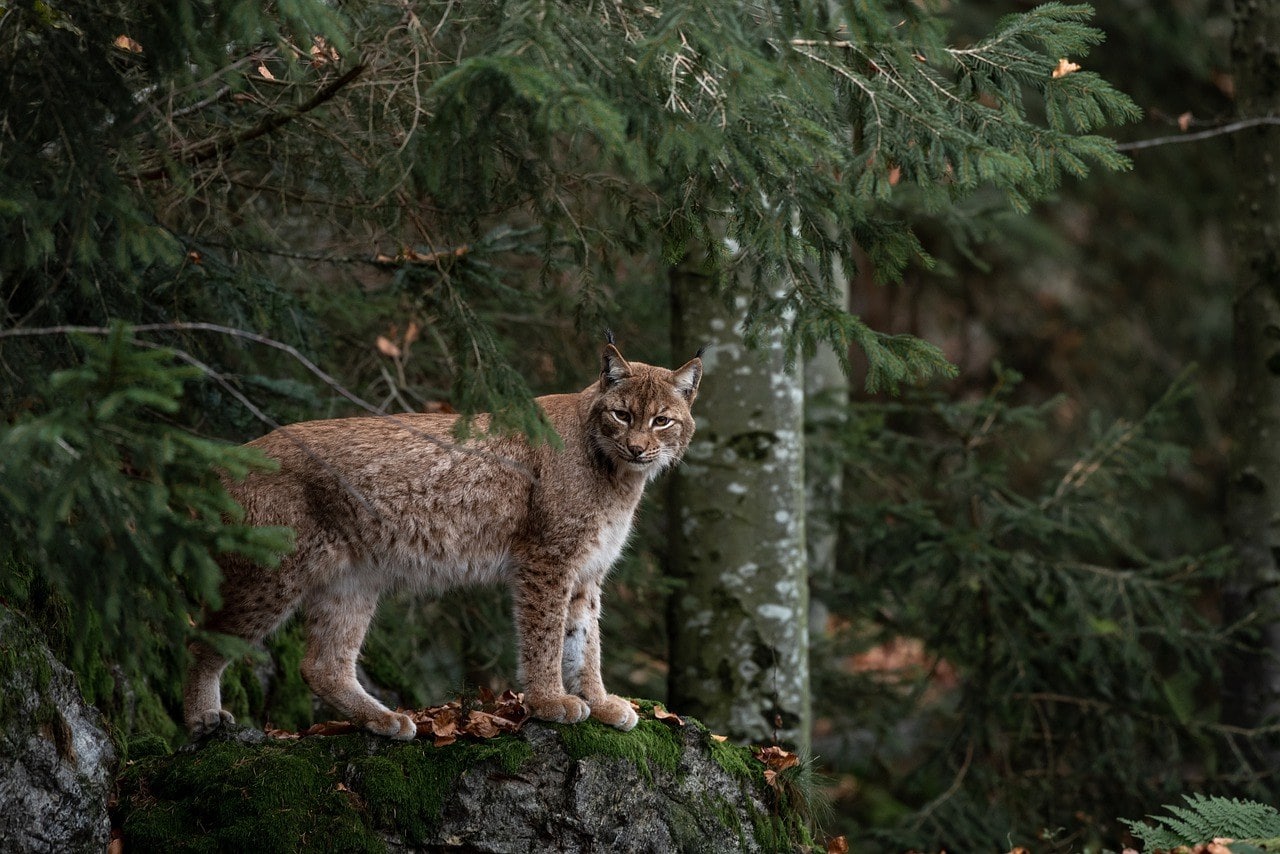





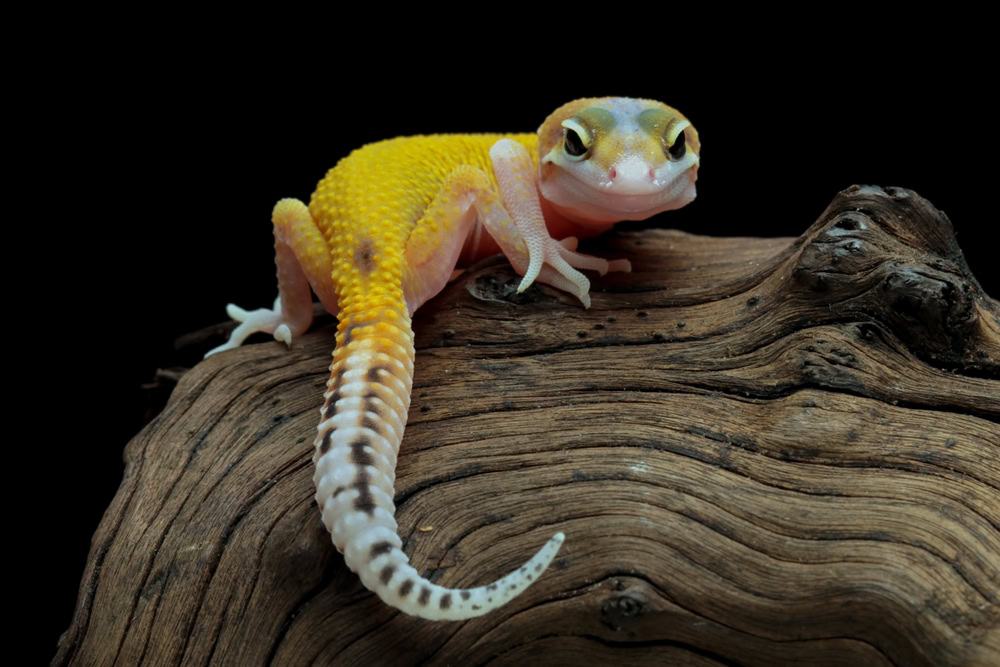
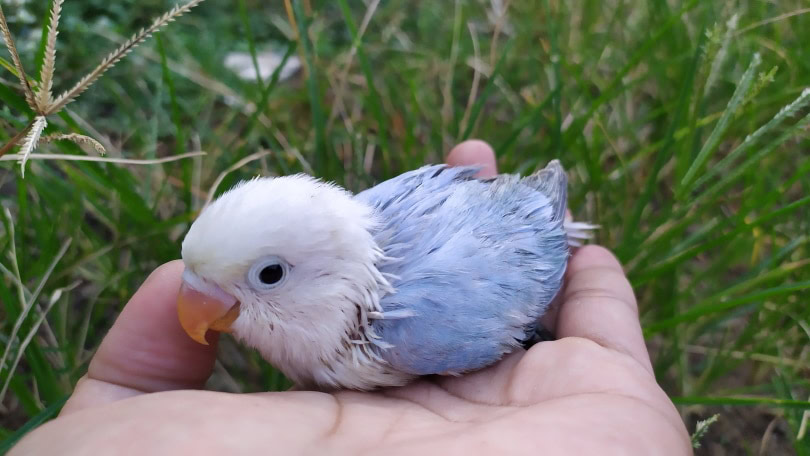
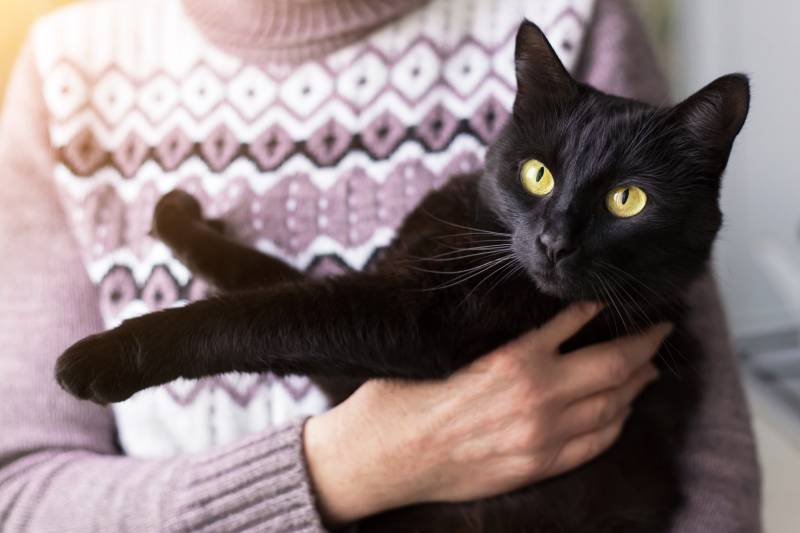



2 Responses
Yeah, that simply isn’t accurate. Bobcats prey mostly on rodents and rabbits, they are neither big enough or strong enough to kill sheep or calves. They will eat carrion if they find it dead but they are absolutely not big enough to do this. Gross misinformation.
Hello Jane,
thank you very much for your feedback and although we value your opinion, we need to mention, that our information is based on statistics by U. S. Department of Agriculture – National Agricultural Statistics Service. The NASS reported around 11,100 sheep and lambs killed across the USA in 2004. And although this statistic might be outdated, it illustrates the bobcat’s capability of killing smaller livestock.
Nevertheless, thank you for you message and if you would have any other concerns or questions about our articles, please don’t hesitate to reach out to us! We appreciate your feedback very much!
Have a great day.